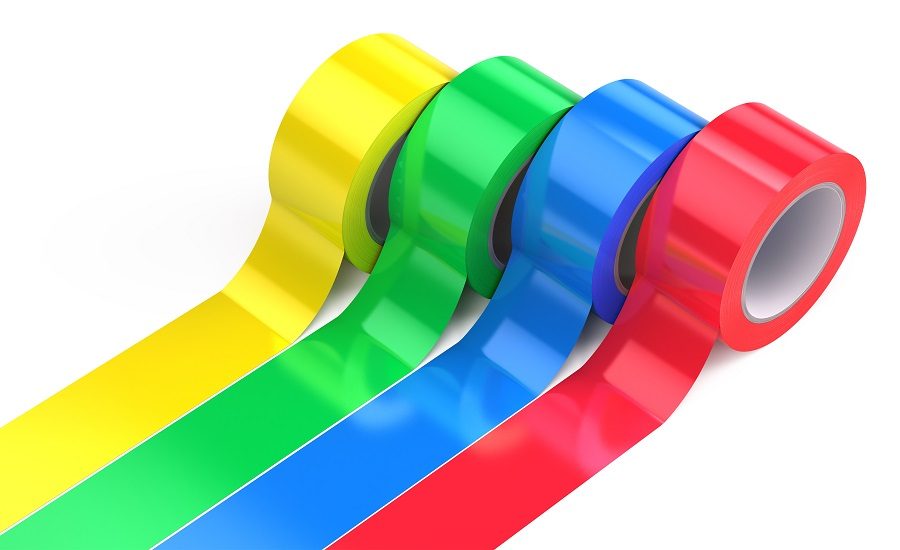In recent years, the industrial manufacturing landscape has experienced a remarkable shift towards innovative bonding methods. Central to this evolution are adhesives and sealants, which have rapidly gained traction across multiple industries. Their swift adoption is fueled by a blend of cost-effectiveness, improved strength compared to traditional fastening methods, and enhanced durability, setting new performance standards and bringing change to segments like automotive and construction.
The automotive industry stands at the forefront of adhesives adoption. A prominent trend in the adhesives market is the development of products with multi-substrate compatibility. Traditional mechanical fasteners such as rivets, welds, screws, clinches etc. are being progressively replaced by advanced adhesives and tapes because they enable even load distribution across the bonded area. This transition not only minimizes vibration and noise but also plays a critical role in enhancing vehicle performance. For internal combustion engine cars, adhesives contribute to improved fuel efficiency by reducing weight. In the realm of electric vehicles (EVs), weight reduction translates to extended driving range—a crucial factor in the EV market. We’re also witnessing a steady rise in wire harness tape applications, soundproofing materials, and surface-protective films. These innovations reflect a broader trend of integrating adhesives into various aspects of automotive manufacturing, fostering a quieter, lighter, and more efficient vehicle fleet.
The construction segment is also witnessing a significant shift towards adhesive bonding for both structural and non-structural applications. The key reasons for the swift adoption of adhesives are that their use enables faster bonding, enhances weight distribution, and improves water resistance by eliminating gaps and potential entry points. Furthermore, the move towards adhesive bonding aligns with broader sustainability goals within the construction industry. By reducing the need for mechanical fasteners and promoting more efficient use of materials, adhesives contribute to a greener, more sustainable construction process.
Modular construction has emerged as a significant force in the global construction industry, changing the way buildings are designed, fabricated, and assembled. Protective films play a significant role in modular construction. Protective films provide surface protection during transport and installation, enable weather resistance, allow preservation of finishes, and provide slip resistance.
A prominent trend in the adhesives market is the development of products with multi-substrate compatibility. These adhesives offer wide ranging tack, shear, peel, strength, and durability characteristics across various high-, medium- and low-surface-energy substrates making them versatile and highly effective for diverse applications. Engineered Polymer Solutions (EPS) is focusing on this space and the company has prioritized its research and development work to formulate polymers that offer multi-substrate adhesion, positioning itself as an exceptional choice for adhesive manufacturers.
EPS versatile portfolio of polymers for adhesive products include:
- EPS 2121D, an all-acrylic general-purpose pressure-sensitive adhesive emulsion for removable applications
- EPS 2123D, a styrenated acrylic emulsion for use in removable pressure-sensitive applications that require improved exterior durability.
- EPS 2127D, a high-solids acrylic copolymer emulsion for labels and permanent pressure-sensitive adhesive applications
- EPS 2133, an all-acrylic polymer for permanent and removable pressure-sensitive adhesive applications. It can also be used in formulating plasticizer-free pigmented caulks and film-to-film lamination.
- EPS 2156D, an all-acrylic emulsion for removable pressure sensitive applications with very high shear values.
- EPS 2157, an all-acrylic polymer emulsion for use in removable, pressure-sensitive adhesive applications for protective film and tape applications. This resin exhibits a “soft” peel as compared to other products with a harder “zip-like” peel.
The rise of adhesives and sealants represents a transformative shift in industrial practices. By offering superior performance characteristics these bonding solutions are reshaping the automotive and construction sectors. EPS continues to push the boundaries of adhesive technology and the commitment goes beyond products—we forge strong partnerships through exceptional formulation support and unparalleled customer service. Our expansive national manufacturing network ensures supply chain efficiency to meet our customers’ demands.







